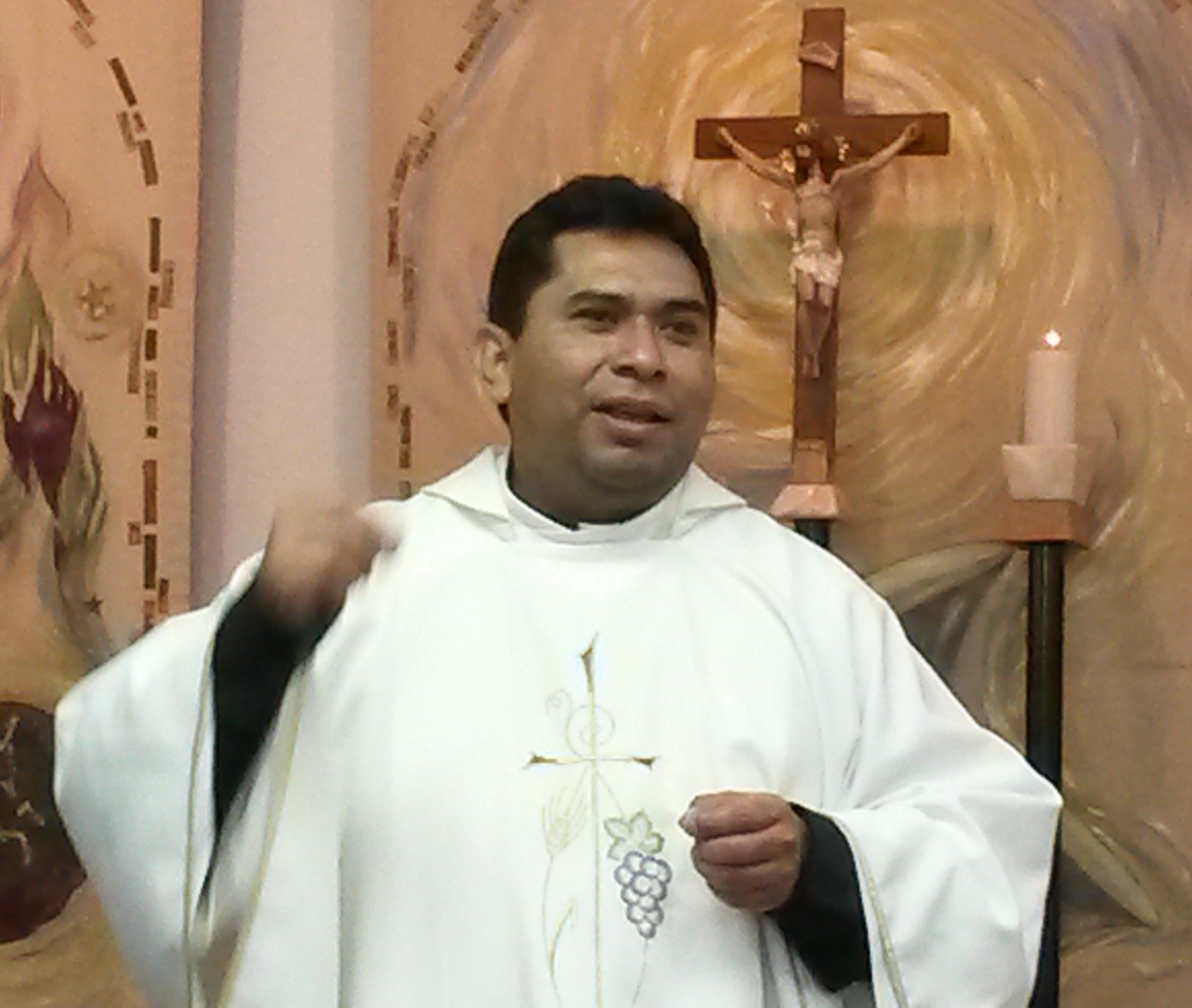 IV SUNDAY IN ORDINARY TIME
IV SUNDAY IN ORDINARY TIME
THE PROPHET OF GOD
By our Pastor, Fr. Carmelo Jiménez
This is now the fourth Sunday of Ordinary Time and very soon we will begin Lent. The readings invite us to reflect on being chosen, the call (vocation) and the mission of the prophet, which each of us has received from the day of our baptism.
The first reading tells us: “Before I formed you in the womb I knew you, before you were born I dedicated you, a prophet to the nations I appointed you.” (Jer. 1:5) The story of the mission of the prophet Jeremiah has always stood out in the Bible and it helps us to understand the prophetic call. God has a universal project for all of humanity and he will realize it in time, according to his perfect and impeccable will. He has called Jeremiah since before his birth for an important mission for his people and all nations.
The Bible reveals to us that the call of God for any mission is always free and for the service of others. “Gird your loins; stand up and tell them all that I command you. Be not crushed on their account, as though I would leave you crushed before them.” (Jer. 1:17) Always and in every story of evangelization, carrying out the calling gives rise to much suffering and difficulties for the one who is sent. But being free and having difficulties is the guarantee of its authenticity. Jeremiah is a true prophet because he has received his vocation as a gift which pushes him to faithfulness.
The second reading is precious but it is necessary to give some context to this hymn of love. We should remember that Saint Paul puts this hymn in the context of a divided community, because some of its members were boasting because of the charisms they had received. Paul expresses in this hymn that the constructive force to unite the community is based on love at all costs. “Strive eagerly for the greatest spiritual gifts… If I speak in human and angelic tongues…but do not have love, I gain nothing.” (1 Cor. 12:31, 13: 1a. 4b)
The apostle presents two main points. First, the supremacy of love above all the other virtues and Christian attitudes. The Corinthians coveted the best spiritual gifts and the ones that would give a person the most prestige in the community. These gifts come from the Spirit and so are necessary for the community. But using these gifts in the wrong way takes away from their original purpose. Secondly, Paul turns to love. This virtue central to the Christian experience is the most complete and sure test of the authentic presence and action of the Spirit. With it all other gifts reach their perfection and common usefulness for others.
The gospel text this Sunday is a continuation of the text from last Sunday. And so we go from a moment of admiration to one of rejection. Jesus is well known, he has lived with them and worked with them for many years, they know where he comes from and his family. How is it possible that this is the much awaited Prophet for all time, the Messiah announced from the days of old? That is why two reactions are produced in those who hear him: first one of admiration and secondly one of rejection.
The prophetic vocation is a free calling from God and not a familial or inherited right, and so it is given always to a free man. Jesus has taken the prophetic mission to its maximum perfection. Today, as always, the authenticity of a prophet demands an attitude of complete freedom from the pressures of special interests and conveniences, which are often in conflict with the true Christian vocation. Christians should be points of reference in the world because from our baptism we were consecrated to be like Jesus: prophets, priests and kings. This is not a comfortable or an easy task. May God grant us the ability to live our vocation and give testimony of our faith, living in love. Amen.